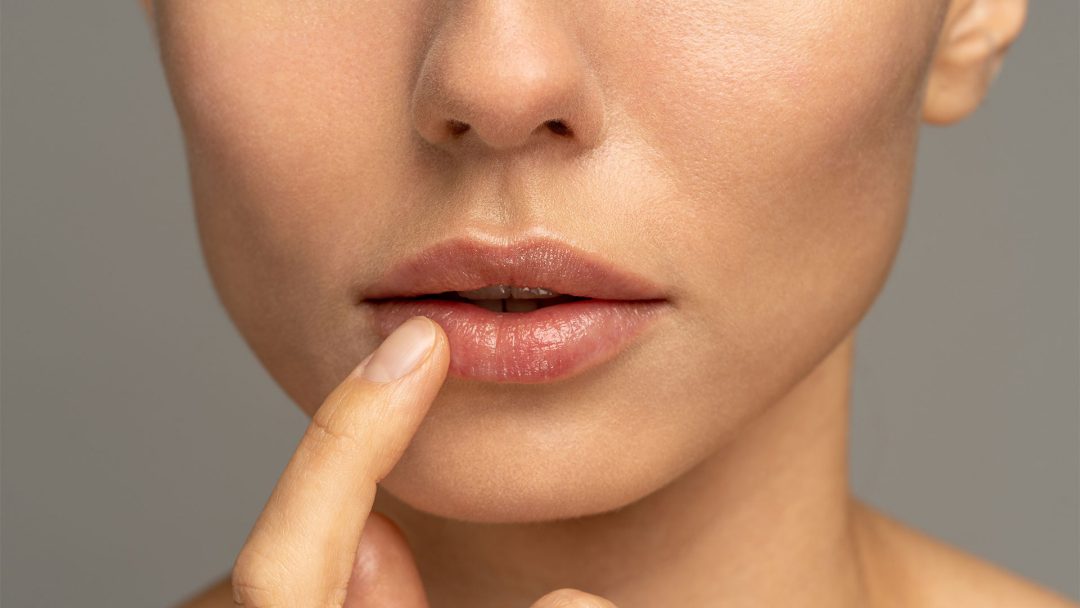Sjögren's Syndrome

Sjögren’s syndrome, an autoimmune disease belonging to the group of collagen vascular diseases, primarily affects women aged 40 to 50 years. In this condition, the immune system mistakenly attacks the glands that produce moisture, especially the tear and salivary glands. This leads to typical symptoms such as dry mouth and dry eyes. Often, the involvement extends beyond the glands to affect the entire body.
Symptoms of Sjögren's Syndrome
Symptoms of Sjögren’s syndrome primarily involve the secretory glands, although other types of tissues can also be affected. The following symptoms are common with Sjögren’s syndrome:
- Dry mouth with swallowing difficulties and bad breath
- Dry eyes
- Dry vaginal mucosa
- Exhaustion/ Fatigue
- Joint pain and muscle pain
- Enlarged lymph nodes with an increased risk of lymphoma
- Enlarged salivary glands
- Reduced blood flow to the fingers with sudden whitening (Raynaud's syndrome)
Causes of Sjögren's Syndrome
Primary development of Sjögren’s syndrome is very rare. Typically, the condition develops from an existing rheumatoid arthritis, lupus erythematosus, or another collagen vascular disease. It occurs when immune cells begin to attack the body’s own cells, resulting in the typical symptoms of Sjögren’s syndrome.
Factors discussed as causative agents include:
- Infections
- Stress
- Hormonal imbalances
- Toxic exposures
- Chronic inflammation in the body
Diagnosis and Treatment of Sjögren's Syndrome
Diagnosis requires tissue sampling and supportive laboratory testing. Conventional treatments such as artificial tears for the eyes, saliva substitutes for the mouth, and anti-inflammatory medications can help alleviate symptoms. Early detection and comprehensive care by rheumatologists and ophthalmologists are crucial for improving quality of life and limiting complications.
In the realm of alternative and complementary healing methods, dietary changes to an anti-inflammatory diet, acupuncture for harmonizing energy flow in the body, anti-inflammatory herbs, supplements, and stress reduction through relaxation techniques are considered supportive. Given that it is an autoimmune disease and 80% of the immune system is located in the gut, an intestinal cleanse can play a key role in treating Sjögren’s syndrome. In severe cases, treatment of environmental toxins that impair immune regulation, using INUSpheresis therapy and infusion therapy, may be considered.
Med. pract. Dana Hreus M.A.
It is important for any patient considering alternative or complementary therapies to discuss this with a holistic doctor. This ensures that the approaches can be effectively and purposefully utilized.

Further information
The information listed contains relevant topics and serves to improve understanding.